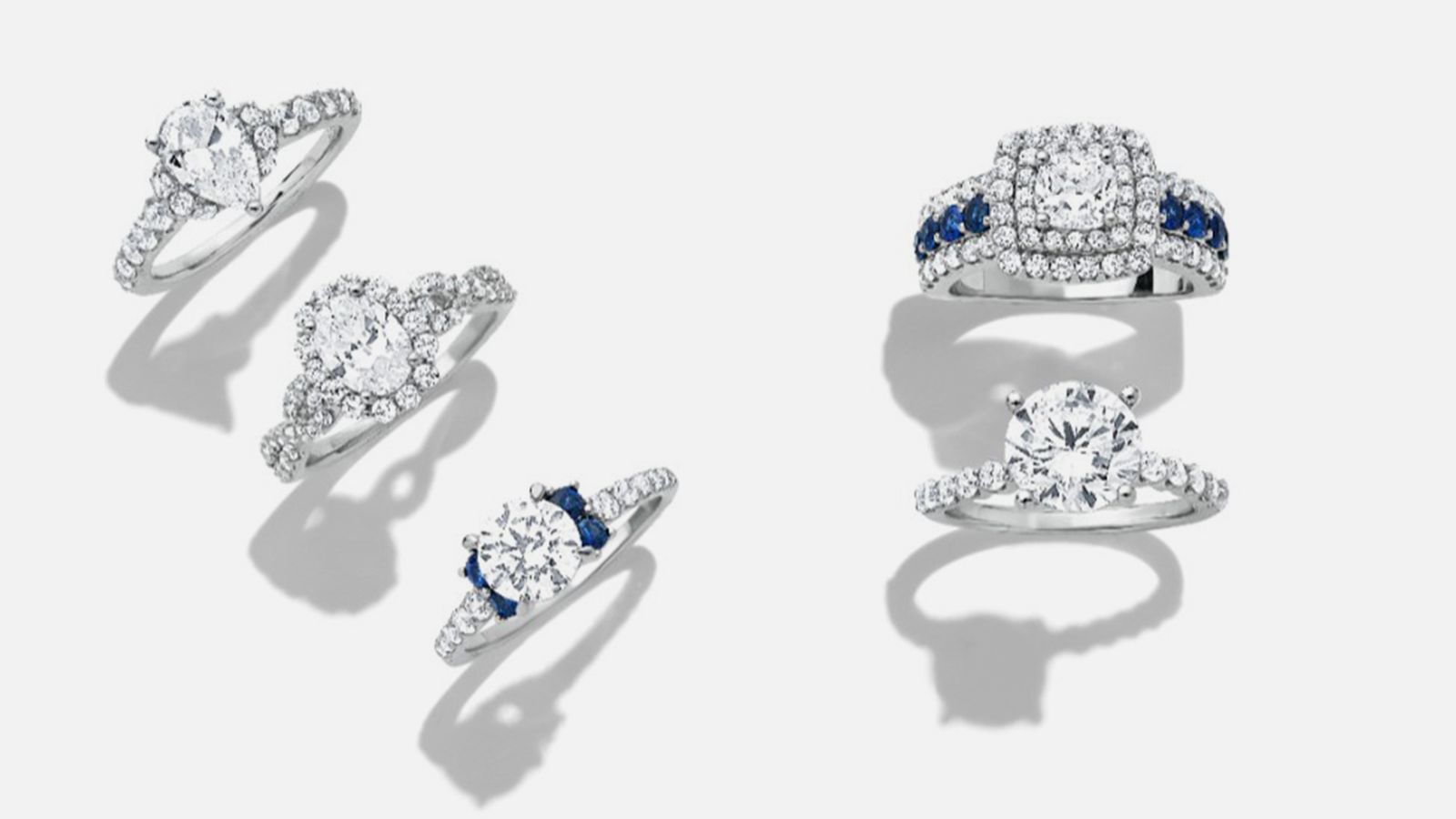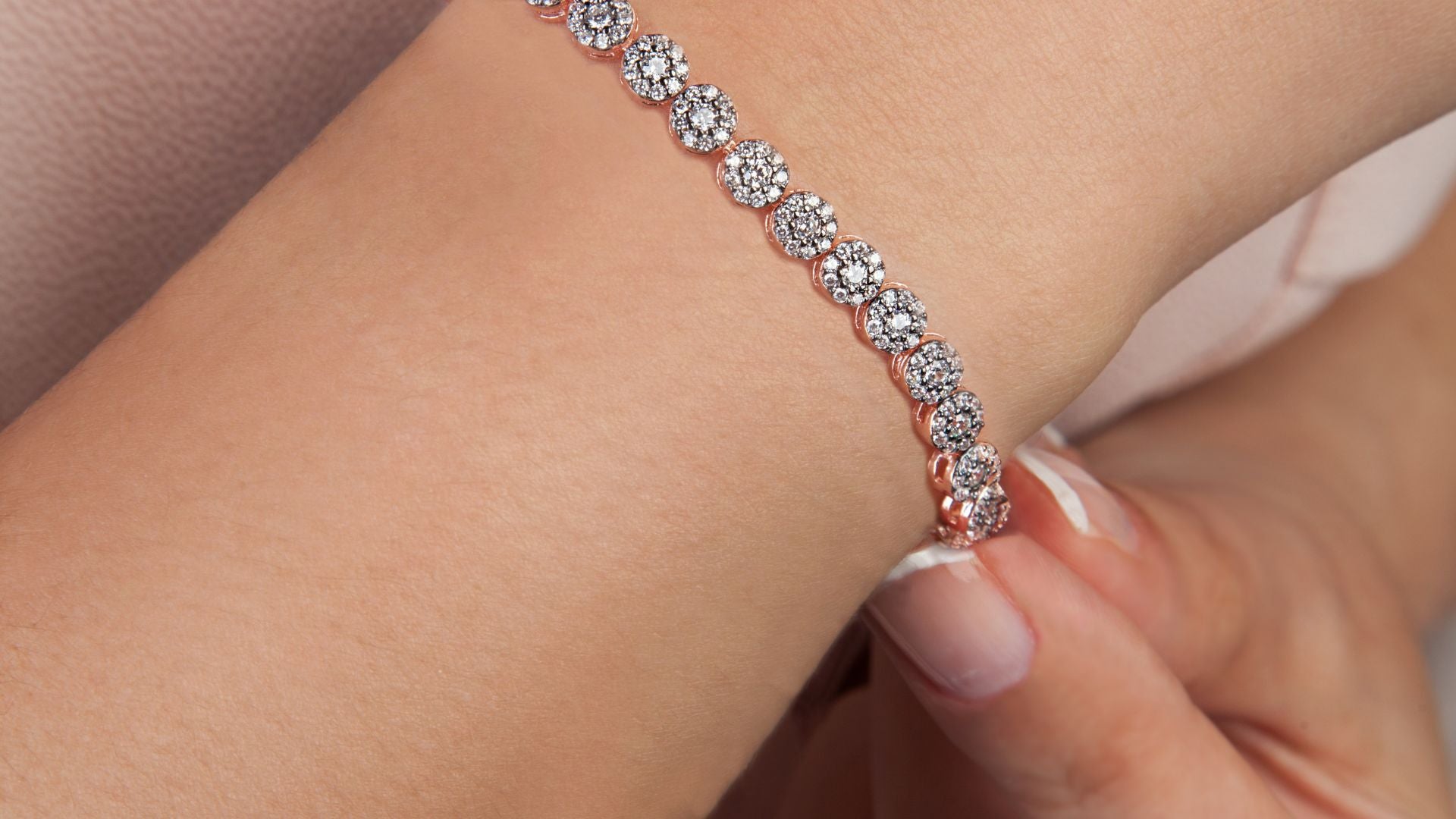The “cut” of a diamond is one of its most crucial aspects, influencing its beauty, brilliance, and overall value. It refers to how well the diamond has been shaped and faceted, and while often confused with the shape (such as round or oval), it is distinct and much more nuanced. A diamond’s cut is a reflection of the craftsmanship involved in its creation and has a profound impact on how light interacts with the stone. Let’s explore the significance of diamond cut, how it affects a diamond’s appearance, and the factors that determine its quality.
Understanding Diamond Cut: Beyond the Shape
While the “shape” of a diamond refers to its overall form (e.g., round, square, pear), the “cut” describes how well the diamond has been fashioned from its rough form into a sparkling gemstone. The term “cut” encompasses both the proportions and the symmetry of the diamond, as well as how skillfully the facets have been arranged to maximize light performance.
A corte del diamante can make all the difference in how a stone catches and reflects light. A diamond with a poor cut may appear dull, even if it is of high quality in terms of carat weight or clarity. Conversely, a diamond with an excellent cut will appear to glow with radiance, captivating the onlooker with its brilliance.
The 4 Cs: Cut, Clarity, Color, and Carat Weight
Diamonds are evaluated based on the 4 Cs: Cut, Clarity, Color, and Carat Weight. While all four are important, the cut is often regarded as the most significant factor affecting a diamond’s visual appeal. The ideal cut ensures that light entering the diamond is refracted and dispersed within the stone, resulting in brilliance and sparkle. A poorly cut diamond may have light leakage, diminishing its radiance.
How the Cut Affects a Diamond’s Appearance
A diamond’s cut influences three key aspects of its visual appeal:
- Brilliance: Brilliance refers to the amount of white light a diamond reflects. The better the cut, the more light enters and exits the diamond, creating a dazzling effect.
- Fire: Fire is the dispersion of light into the colors of the spectrum. An expertly cut diamond will exhibit flashes of color as light refracts off its facets.
- Scintillation: Scintillation is the sparkling effect created by the movement of a diamond. It is the pattern of light and dark areas that appear as the diamond moves. A well-cut diamond has strong scintillation, enhancing its liveliness.
Diamond Cut Grading: The Criteria
Diamonds are graded for cut quality using several grading scales, and different gemological institutes may have slightly varied criteria. However, the most commonly used system is that of the Gemological Institute of America (GIA), which grades diamonds on a scale from Excellent to Poor.
- Excellent Cut: These diamonds exhibit exceptional brilliance, fire, and scintillation, with proportions and symmetry that are near-perfect.
- Very Good Cut: Diamonds with this grade reflect most of the light that enters them, though they may not have quite the same level of brilliance as the Excellent category.
- Good Cut: Diamonds with a Good cut reflect light well but not as effectively as those with higher grades. They may lack some of the brilliance and fire of the top grades.
- Fair Cut: Fairly cut diamonds may display less brilliance and scintillation. The proportions may not be ideal, and light performance could be diminished.
- Poor Cut: Poorly cut diamonds often have light leakage, making them appear dull or lifeless.
Factors Affecting Diamond Cut Quality
Several factors influence the quality of a diamond cut, and man made diamonds must strike a delicate balance between them to achieve the best possible result:
- Proportions: The proportions of a diamond, including its depth, table size, and the angle of the facets, are key to determining how light is refracted inside the diamond.
- Symmetry: Symmetry refers to the alignment and balance of the diamond’s facets. A diamond with poor symmetry may have uneven reflections and less brilliance.
- Polish: Polish refers to the smoothness of a diamond’s facets. A well-polished diamond allows light to reflect more clearly, contributing to its overall brilliance.
- Facet Arrangement: The number, size, and shape of the facets, as well as their arrangement, play a crucial role in how light interacts with the stone. The more precisely these are executed, the more light is captured and reflected.
Popular Diamond Cuts: Which One is Right for You?
Different types of cuts are available, each with its own appeal. Some of the most popular cuts include:
- Round Cut: The most common and timeless diamond cut, the round cut is known for its brilliance. It has 58 facets and is highly sought after for engagement rings.
- Princess Cut: A square or rectangular shape with pointed corners, this cut is known for its contemporary style and brilliant sparkle.
- Cushion Cut: This cut features rounded corners and larger facets, offering a vintage and romantic look.
- Emerald Cut: Known for its step-cut facets, the emerald cut offers a sophisticated and elegant appearance, showcasing the clarity of the diamond.
- Asscher Cut: Similar to the emerald cut, but square, this cut exudes vintage charm and offers a unique visual appeal.
- Oval Cut: With an elongated shape, the oval cut is flattering and gives the illusion of a larger stone.
Conclusion: Why Diamond Cut Matters
The cut of a diamond plays a pivotal role in determining its overall beauty. While other factors like color, clarity, and carat weight are important, a diamond’s cut directly influences its brilliance, fire, and scintillation. An expertly cut diamond will catch the light and dazzle the eye, making it a masterpiece in its own right. When purchasing a diamond, it is essential to prioritize cut quality to ensure that the stone will sparkle and shine with the desired effect, whether it’s for an engagement ring or an heirloom piece.








